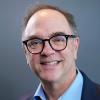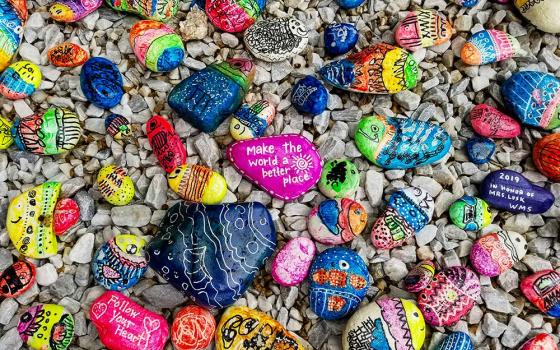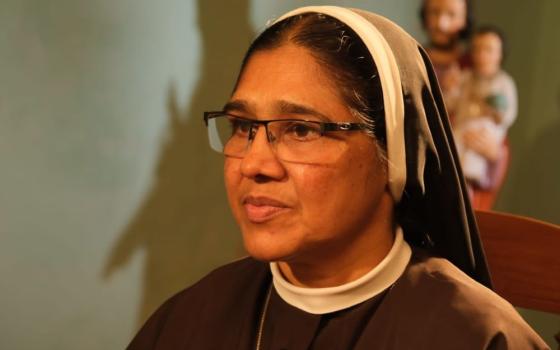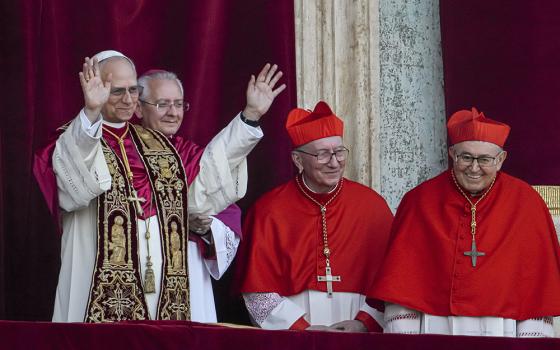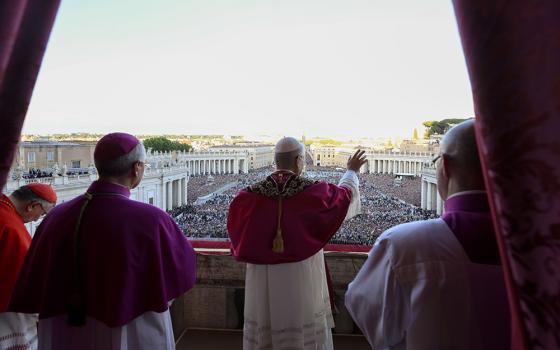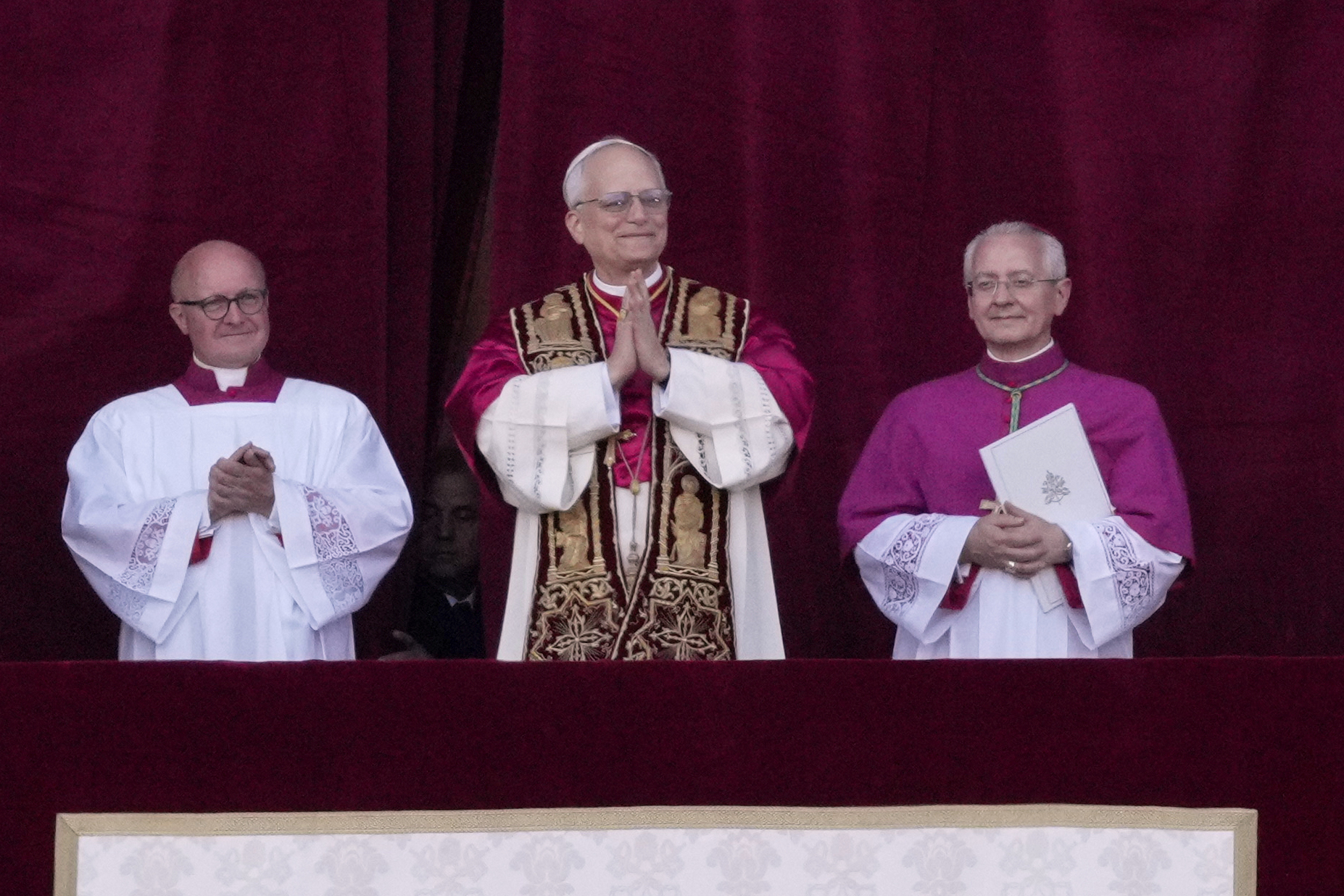
Newly elected Pope Leo XIV appears at the balcony of St. Peter's Basilica at the Vatican, on May 8, 2025. (AP photo/Bernat Armangue)
More on Pope Leo XIV
Cardinal Robert Prevost, who has chosen the name Pope Leo XIV, was elected on May 8, 2025 to be the 267th bishop of Rome and leader of the world's 1.4 billion Catholics.
- Full coverage of the election of Pope Leo XIV here.
- Hour-by-hour coverage of the events leading up to the conclave.
- Stories about the life of the trailblazing Pope Francis
- Read the archived live updates of the papal transition here.
Pope Leo XIV, a Chicago-born Augustinian friar, is the first American pope in the history of the Roman Catholic church.
The former Cardinal Robert Prevost, 69, who headed the influential Vatican Dicastery for Bishops, walked out onto the balcony of St. Peter's Basilica to the cheers of thousands of people gathering for the announcement at 7:15 p.m. Rome time today (May 8).
"Without fear, united, hand in hand with God and among ourselves, we will go forward," Leo said as pilgrims at St. Peter's Square waved flags and white handkerchiefs.
Speaking in Italian and Spanish, Leo called for peace and echoed his predecessor, Pope Francis, in calling for dialogue and bridges.
The cardinals, Leo said, called him "to walk together with you as a united Church searching all together for peace and justice, working together as women and men, faithful to Jesus Christ without fear, proclaiming Christ, to be missionaries, faithful to the Gospel."
Prevost was elected by the College of Cardinals — 133 cardinals under age 80 eligible to vote for the new pope. He was elected on the second day of the conclave, in which cardinals are locked in the Sistine Chapel for secret votes to choose the successor to St. Peter, the church's first pope.
Prevost, born in south Chicago, spent most of his life outside the United States, a factor likely to have made him more acceptable to the College of Cardinals. Pope Francis elevated Prevost to cardinal in 2023.
By selecting an American, the cardinals have defied conventional wisdom that a man from the United States would never ascend the throne of St. Peter as long as the U.S. was a superpower.
Archbishop W. Shawn McKnight of Kansas City, Kansas — the last U.S. archbishop appointed by Pope Francis — said he was "floored, stunned and full of hope" for Prevost's election as pope.
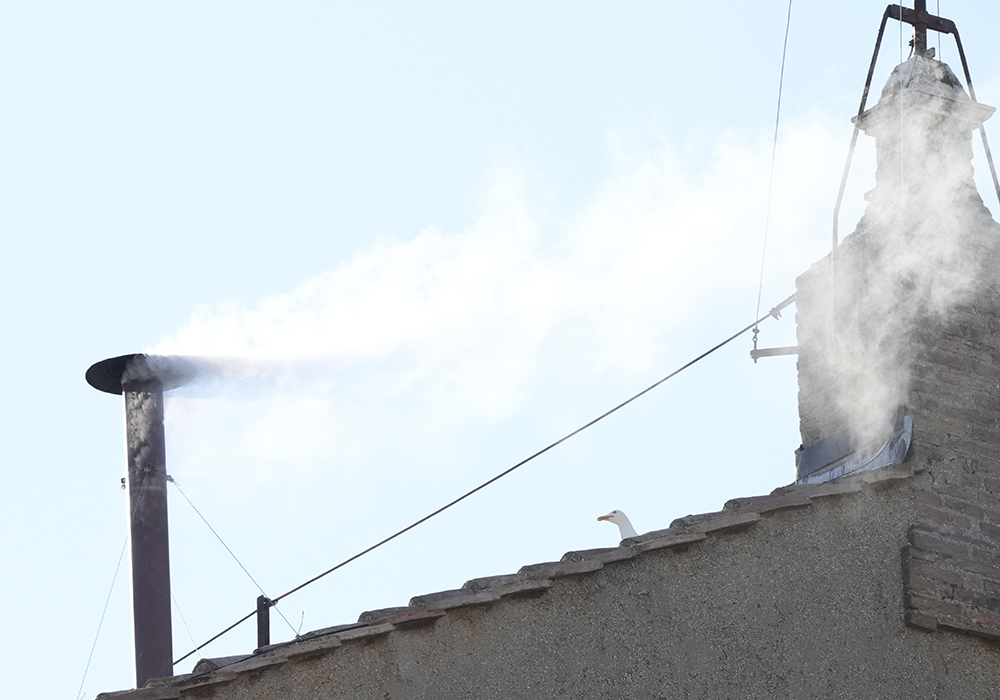
White smoke billowed from the Sistine Chapel announcing the election of the 267th successor to St. Peter just after 6 p.m. Rome time.
As Pope Leo XIV appeared on the balcony of St. Peter’s Basilica for the first time about an hour later, crowds cheered in St. Peter's Square.
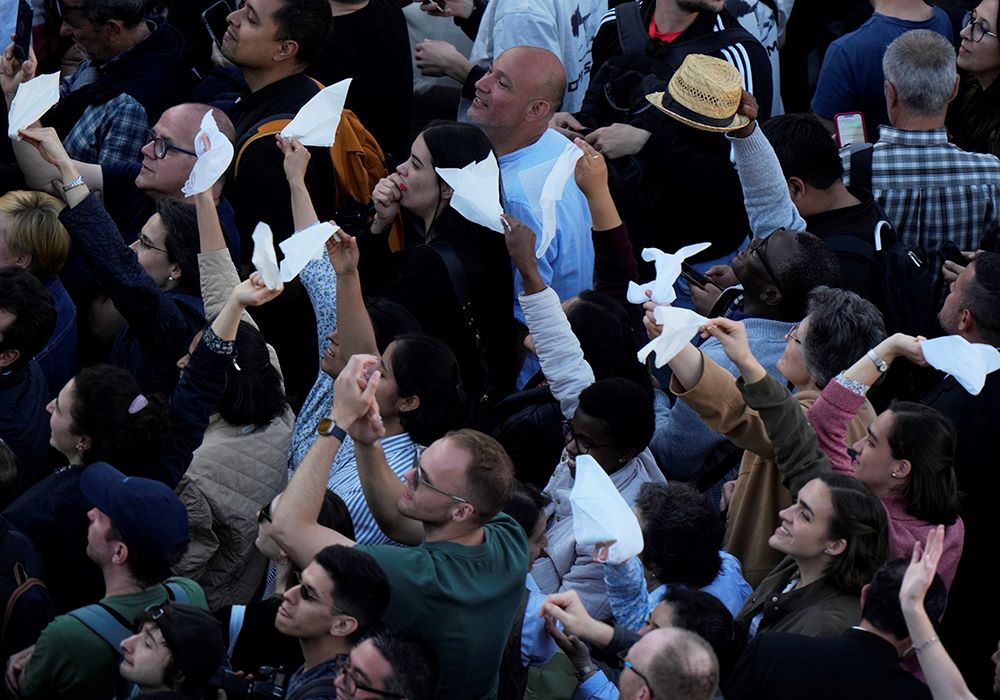
People react as white smoke appears from the chimney of the Sistine Chapel where 133 cardinals gathered on the second day of the conclave to elect a successor to late Pope Francis, at the Vatican, on May 8, 2025. (AP/Luca Bruno)
Leo takes over a church that is still growing around the world, but where its center of gravity has rapidly shifted from Europe to Africa and Asia.
Following the death of Francis, members of the College of Cardinals met for nearly two weeks of closed-door meetings, wrestling with the evolving dynamics of life inside and outside the church.
Among the external issues that topped their concerns: the ongoing wars in the Holy Land and Ukraine, migration, the persecution of Christians around the world and the global realignment and demise of multinationalism.
Inside the church, thornier issues revealed fault lines among the College of Cardinals. The newly elected pope will have to decide how to move forward on the path of synodality — Francis' legacy project of reforming church structures to make them more inclusive — while bringing on board skeptics inside the church.
In one of his final acts before his death, Francis approved an implementation phase for the "synod on synodality" that is supposed to stretch to 2028. The process is supposed to encourage local churches around the world to reconsider how to better listen to and include non-ordained members. Following an October 2024 Vatican meeting, church leaders are supposed to be reviewing the formation of priests, accountability mechanisms for bishops, expanding women's leadership and other efforts aimed at expanding participation in church ministries.
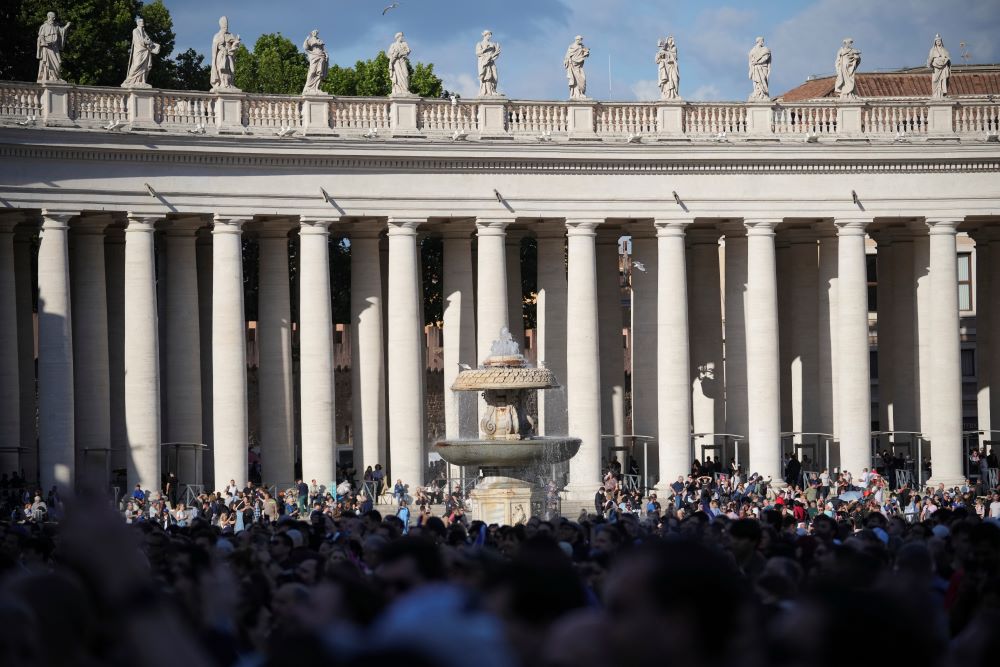
Faithful react after white smoke appears from the chimney of the Sistine Chapel during the conclave to elect a new pope, at the Vatican, on May 8, 2025. (AP/Andrew Medichini)
Several critical management concerns will also land on Leo's desk: a looming pension deficit for Vatican employees and budgetary shortfalls; the unfinished work of rooting out clergy sexual abuse; and deciding whether to continue Francis' Council of Cardinals, a group of top advisers that provide input to the pope on matters of church governance.
Among the more practical first things the new pope will need to decide: whether to press ahead with a trip to Turkey at the end of this month. A major ecumenical gathering has been organized to celebrate the 1700th anniversary of the Council of Nicaea. Despite failing health, Francis had hoped to make the trip, which is expected to bring together Christian leaders from multiple traditions to celebrate the occasion.
Advertisement
Later this evening, for the first night of his pontificate, Leo is expected to join the cardinals for a special celebration at the Vatican guesthouse where they have been staying during the conclave.
His first major public event will be celebration of Mass with the cardinals on May 9 at 11 a.m. local time in the Sistine Chapel. His Sunday Angelus will be on May 11, delivered from the window of the Vatican's Apostolic Palace.
This report was copy edited by Renée K. Gadoua from Syracuse, N.Y.
The National Catholic Reporter's Rome Bureau is made possible in part by the generosity of Joan and Bob McGrath.
NCR is an independent nonprofit and relies on support from readers like you, especially at this crucial moment in church history. Please donate here to the Spring Fund Drive.

